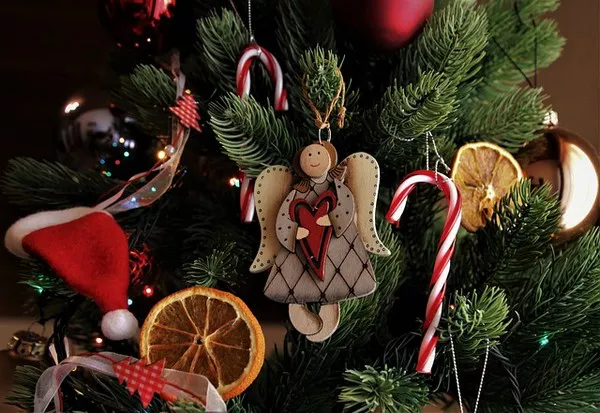Christmas, with its iconic imagery of Santa Claus, adorned trees, and joyful celebrations, is a quintessential part of American holiday culture. While its origins trace back to ancient pagan rituals and the Christian tradition, Christmas in America has evolved into a unique and cherished holiday with its own set of customs and traditions. In this article, we will delve into the reasons why Christmas has become such an integral part of American society, exploring its cultural significance, historical evolution, and enduring appeal.
Cultural Assimilation and Adaptation:
One of the primary reasons why Christmas has become an American holiday is its remarkable ability to adapt and assimilate into diverse cultural landscapes. The United States, often referred to as a “melting pot” of cultures, has welcomed immigrants from all corners of the globe, each bringing their own traditions and customs. Christmas, with its roots in European and Christian traditions, found fertile ground in the American cultural tapestry.
Early European settlers, including the English, Dutch, and German immigrants, brought with them their own Christmas customs, such as the decorating of evergreen trees, the exchange of gifts, and the practice of caroling. Over time, these traditions merged and evolved, blending with indigenous practices and customs to create a uniquely American celebration.
Commercialization and Consumerism:
Another significant factor contributing to the ubiquity of Christmas in America is its commercialization and consumerism. Beginning in the late 19th century with the rise of department stores and mass production, Christmas became increasingly associated with gift-giving, lavish decorations, and festive marketing campaigns.
Retailers seized upon the holiday as an opportunity to boost sales and stimulate economic growth, promoting the idea of Christmas as a time of abundance and indulgence. The iconic figure of Santa Claus, with his jolly demeanor and generous gift-giving, became a central figure in the commercialization of Christmas, further ingraining the holiday into the American consciousness.
Cultural Reinterpretation:
While Christmas has deep religious significance for many Americans, it has also been subject to reinterpretation and secularization. In an increasingly diverse and pluralistic society, Christmas has evolved beyond its Christian roots to encompass a wide range of cultural and secular celebrations.
For many Americans, Christmas has become less about religious observance and more about spending time with family and friends, exchanging gifts, and enjoying festive meals and decorations. Non-Christian communities, including Jewish, Muslim, and Hindu Americans, have embraced certain aspects of Christmas, such as gift-giving and holiday parties, as a way to participate in the broader cultural celebration.
Community and Tradition:
Despite its commercialization and secularization, Christmas remains deeply rooted in the American tradition of community and togetherness. For many families, the holiday season is a time to reconnect with loved ones, strengthen bonds, and create cherished memories.
Community events such as tree lighting ceremonies, holiday parades, and charity drives are common across the country, bringing people together in the spirit of goodwill and generosity. These traditions help foster a sense of belonging and unity, reinforcing the idea of Christmas as a time of shared joy and celebration.
Cultural Influence and Globalization:
The influence of American culture and media has also played a significant role in the global spread of Christmas. Through movies, television shows, music, and advertising, American imagery and traditions associated with Christmas have been exported around the world, shaping the way the holiday is celebrated in diverse cultures and societies.
Iconic symbols such as Santa Claus, the Christmas tree, and holiday lights have become universal symbols of the season, transcending cultural and religious boundaries. In many countries, Christmas is celebrated not only as a religious holiday but also as a cultural phenomenon influenced by American traditions and customs.
Conclusion:
In conclusion, Christmas has become an American holiday due to a combination of cultural assimilation,commercialization, reinterpretation, community tradition, and global influence.While its origins may lie in ancient rituals and religious observance, Christmas in America has evolved into a multifaceted celebration that reflects the diversity and spirit of the nation.
Despite its commercial aspects and secularization, Christmas continues to hold deep meaning for many Americans, serving as a time for reflection, gratitude, and connection with loved ones. As the holiday season approaches each year, the enduring appeal of Christmas reminds us of the power of tradition, community, and the universal desire for joy and celebration.
Related topics:Why Monday is a Holiday in the U.S

